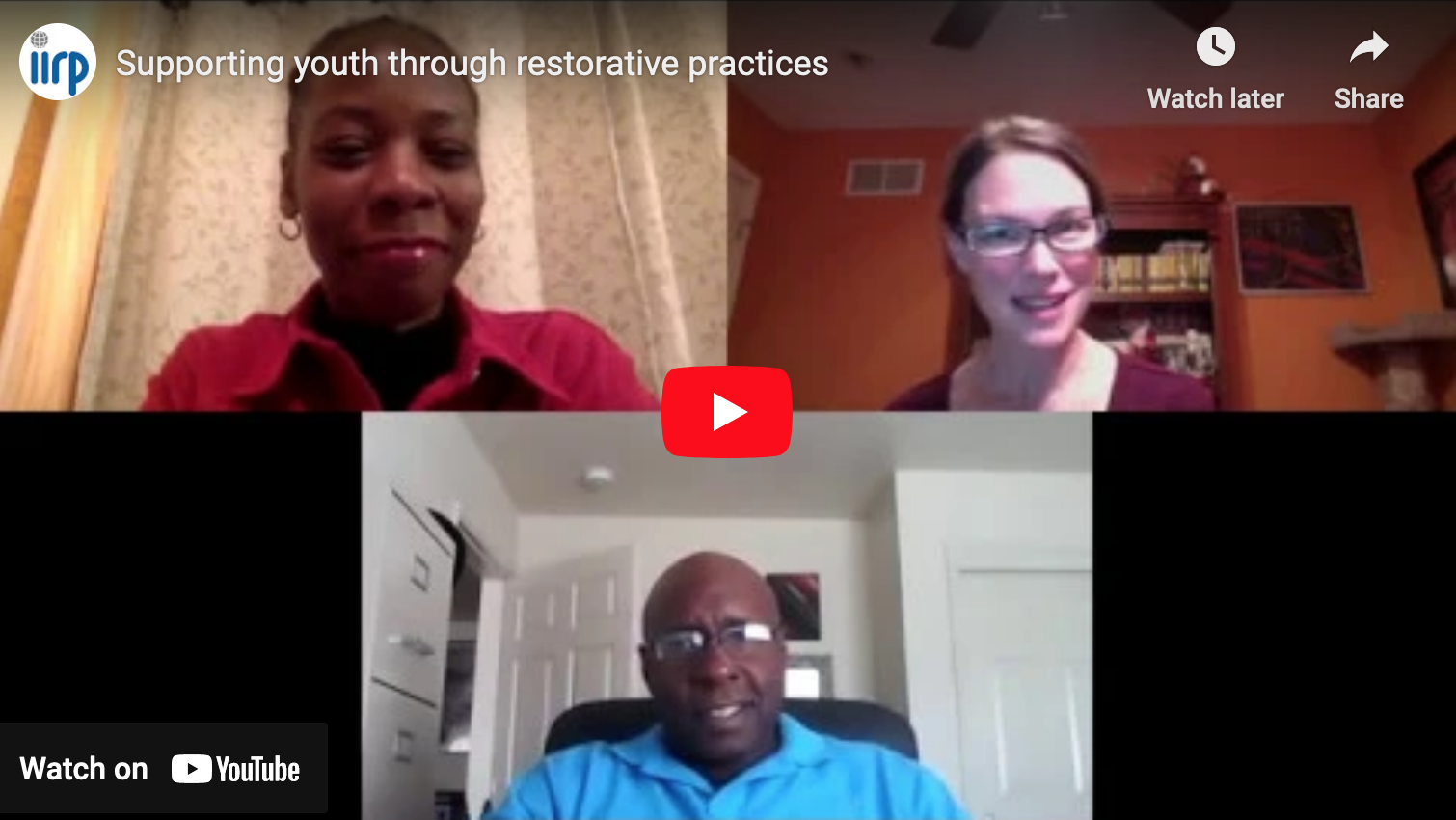News & Announcements
- Details
- Written by Dave Bender, IIRP 2015
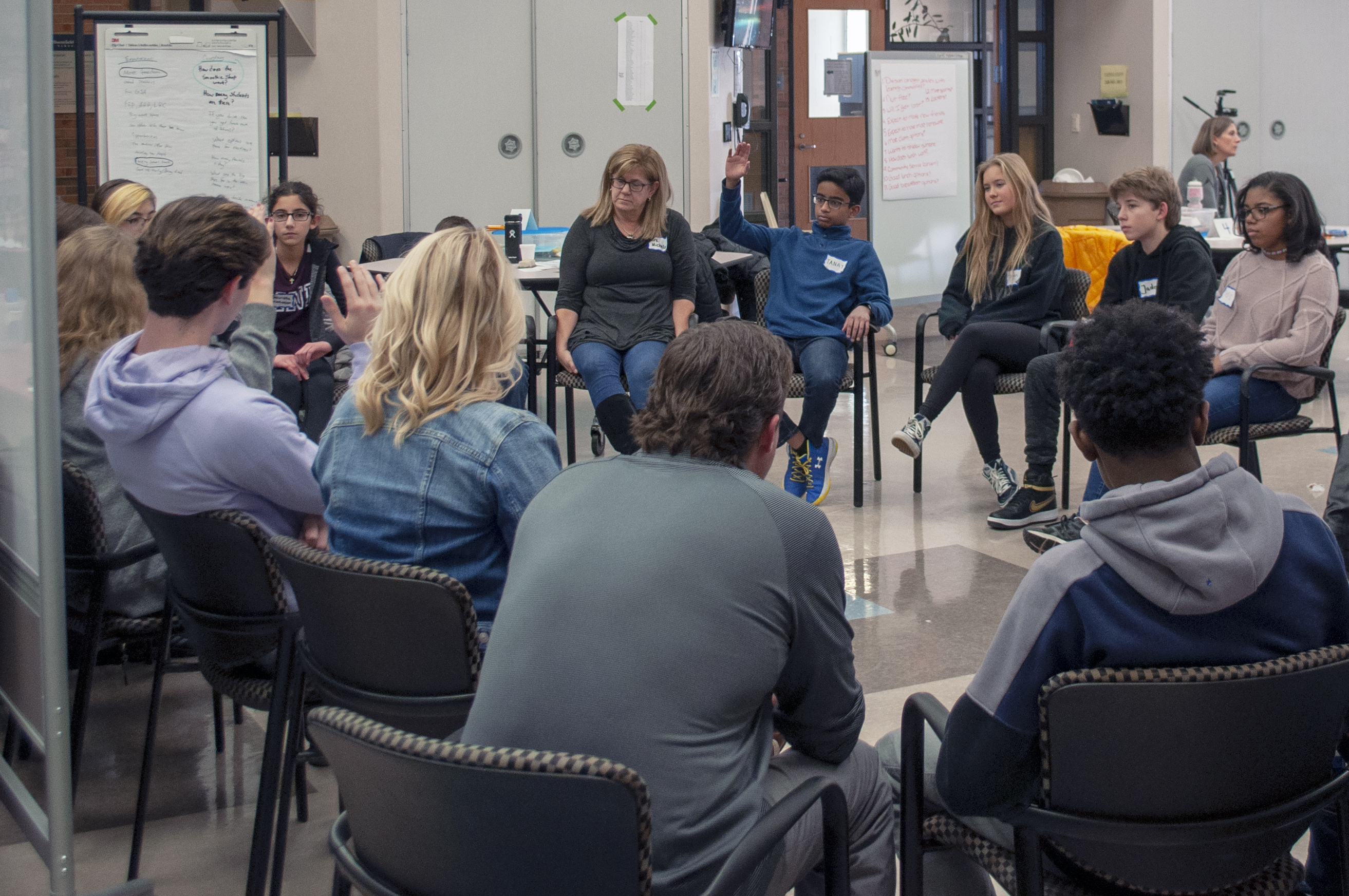 Freshman boys at a high school outside Detroit shocked their community by performing a hate-filled anti-Semitic rap song in the lunchroom. But bringing people together to repair the hurt they caused turned an ugly episode into an opportunity to build empathy and respect.
Freshman boys at a high school outside Detroit shocked their community by performing a hate-filled anti-Semitic rap song in the lunchroom. But bringing people together to repair the hurt they caused turned an ugly episode into an opportunity to build empathy and respect.
Harm spread throughout the school as a video of the incident circulated. “The most difficult part,” lamented a member of Bloomfield Township's Jewish community, “was that it was not a single individual, but a whole group of 10 or so who were laughing and cajoling, filming and encouraging him.”
More than half of the staff at Bloomfield Hills High School had received professional development in restorative practices. Margaret Schultz, the district’s Administrator for Social Emotional Learning & Educational Equity, also a licensed trainer for the International Institute for Restorative Practices (IIRP), got to work immediately, building understanding and accountability among those involved in the incident.
- Details
- Written by John W. Bailie, Ph.D.
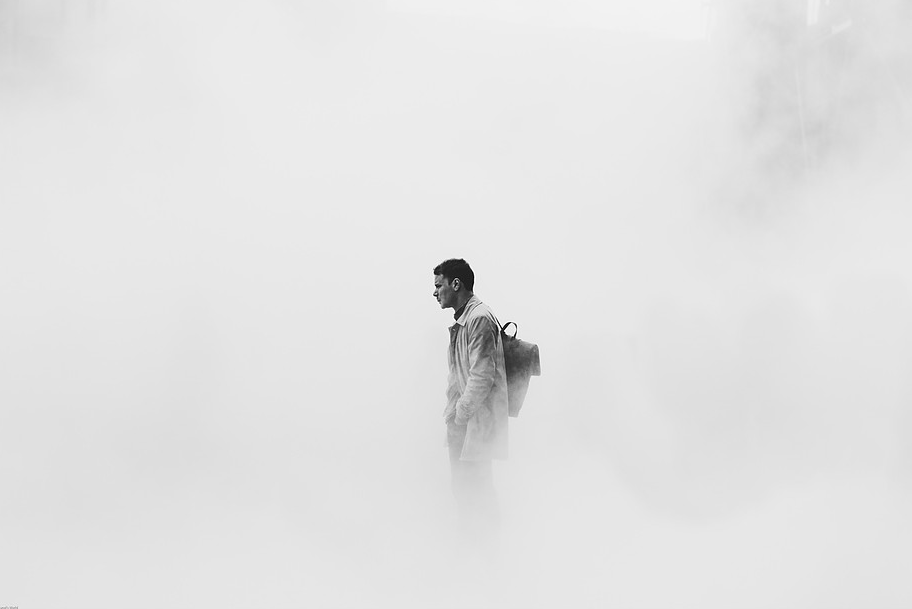 The following blog post is from IIRP President Dr. John Bailie's website Leading Conflict: How to Fight at Work, a series of articles about how leaders can improve relationships to help their organizations thrive.
The following blog post is from IIRP President Dr. John Bailie's website Leading Conflict: How to Fight at Work, a series of articles about how leaders can improve relationships to help their organizations thrive.
It’s tempting to believe that conflict in relationships is a complicated topic. Complicated is actually easy. A complicated problem implies a lower bar for success. We expect less measurable positive outcomes.
When a problem with another person is seen as complicated we have many reasons to think about it some more, delay action and hesitate to say what we are really thinking. Why be hasty? After all, it’s complicated.
However, the vast majority of interpersonal conflicts, whether at work or in our personal lives, are not inherently complicated. They are often painful to face and endure, but that’s not the same thing as being complicated.
One great secret about coaching and mentoring leaders in their interpersonal relationships is that the vast majority of questions arise again, and again, and again. It’s mainly the setting and personalities that change. Here’s an example.
- Details
- Written by Laura Mirsky
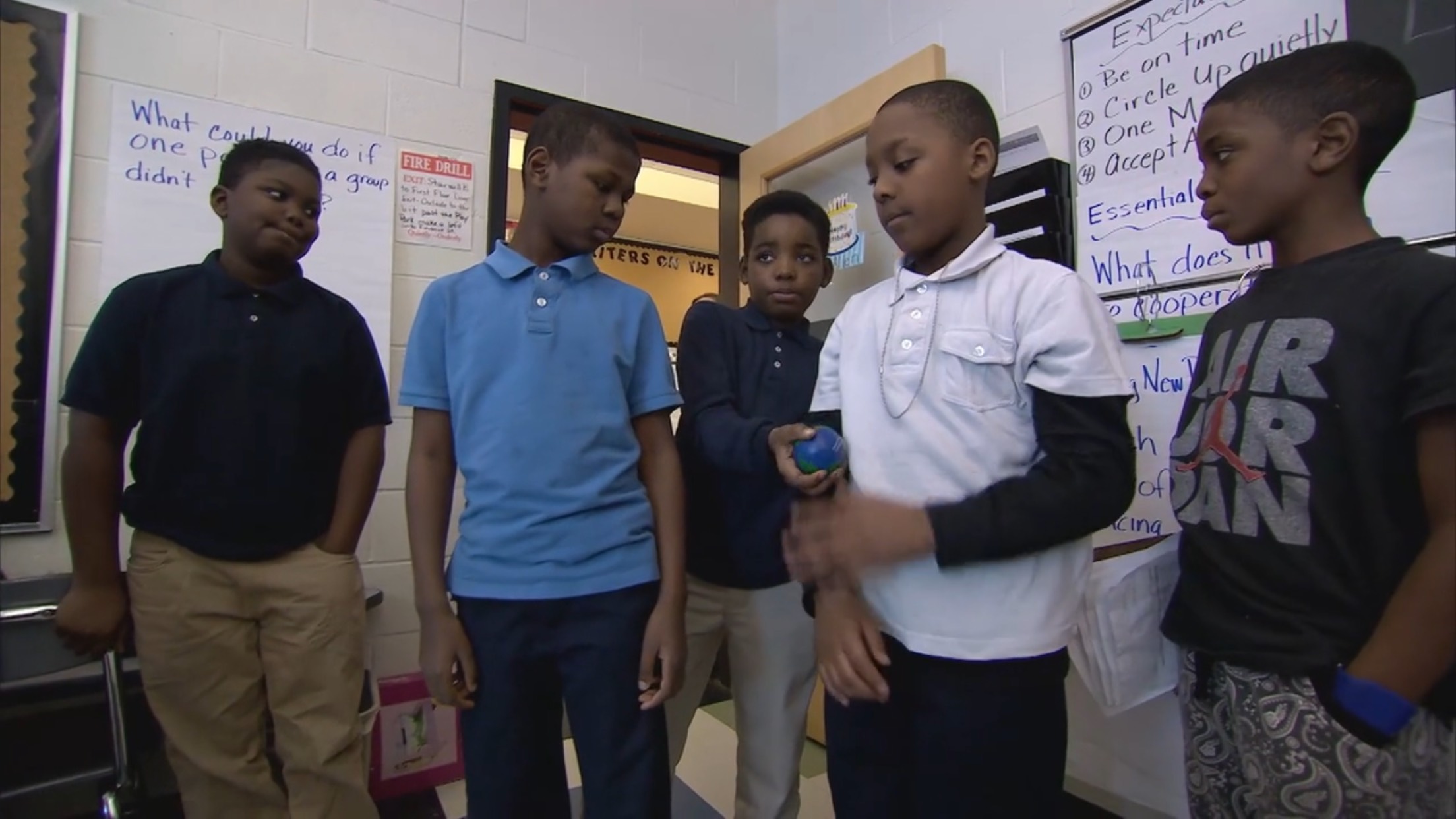 In one of the first rigorous, large-scale evaluations of restorative practices in a large urban school district, researchers from RAND Corporation found that restorative practices improved school climate, reduced student suspensions and decreased discipline disparities in Pittsburgh Public Schools (PPS).
In one of the first rigorous, large-scale evaluations of restorative practices in a large urban school district, researchers from RAND Corporation found that restorative practices improved school climate, reduced student suspensions and decreased discipline disparities in Pittsburgh Public Schools (PPS).
The randomized controlled trial compared 22 PPS K-12 schools that adopted restorative practices with 22 similar schools that did not, between June 2015 and June 2017.
PPS contracted with the International Institute for Restorative Practices (IIRP) Graduate School SaferSanerSchoolsTM program to implement the practices, supported by a grant from the National Institute of Justice. PPS is now implementing restorative practices in all district schools.
The study found that climate and relationships in the restorative practices schools improved, compared with the control schools. In addition, the number of days lost to suspension declined in the restorative practices schools, as did racial and income disparities in suspension rates, when compared to the control schools.
- Details
- Written by John W. Bailie, Ph.D.
The 21st Century will redefine our entire concept of higher education and adult learning.
The IIRP Graduate School demonstrates the innovation that is possible when empowering learning strategies meet the best of new technologies.
For instance, our graduate programs teach many forms of participatory group engagement that K-12 teachers can use with students. One such practice is called a “restorative circle.”
- Details
See presentation materials from breakout sessions.
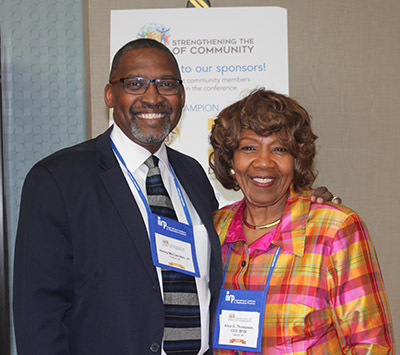
Their grassroots work as stewards of their neighborhoods is supported by commitment from the top. “Restorative practices will make our city safe,” Mayor Mike Duggan declared in the opening session. “Neighborhood police officers are working seamlessly with community block clubs and Detroit Public Schools,” added Todd Bettison, Deputy Chief of Police, who’s been trained in restorative practices himself. “It’s making a huge difference. Formerly challenging kids are now leaders.”
Two school superintendents confirmed the district’s adherence to the practices. Tonya Allen, President and CEO of the Skillman Foundation, stated, “Skillman is supporting training for teachers, police, courts and neighborhood organizations.” High school sophomore and Restorative Practices Ambassador, Faith Howard, vowed, “Change starts with me!” Her schoolmate and fellow Ambassador, Jordan Cook, agreed: “I’m the one who tells kids: You can do it!”
- Details
- Written by John W. Bailie, Ph.D.

My recent article, Grow in Public: Leading Conflict Principle 6, made the argument that a deliberately developmental culture is only made by cultivating deliberately developmental people.
A deliberately developmental organizational culture persistently pushes team members to the edges of their current competencies. By definition, that is not a place where most people feel comfortable. Fear, insecurity and conflict live in that place. It’s a reach into the unknown.
How do you get your team to go there? The first step is to convince them that no one will be asked to journey alone. You’ll go together.
- Details
- Written by Kristin Oakley
In this interactive webinar, two IIRP graduate students discuss their work and the ways their courses support them to learn while doing. IIRP Director of Student Services Jamie Kaintz was joined by students Dawn L. Williams and Leonard Flippen
- Details
- Written by IIRP Staff
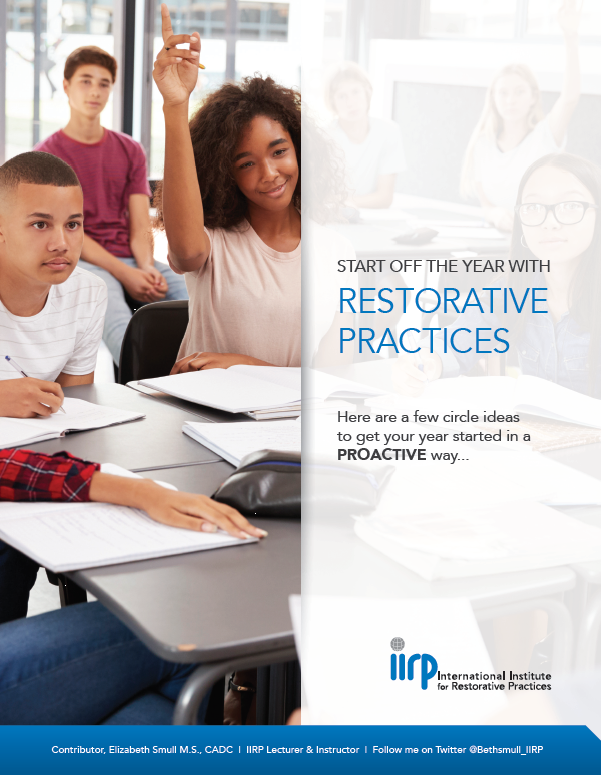 Download our free 4-page guide of circle ideas to get your year started in a PROACTIVE way!
Download our free 4-page guide of circle ideas to get your year started in a PROACTIVE way!
Topics include:
- Setting norms
- Circles to foster respect
- Fun and games
- Details
- Written by Joshua Wachtel
A one-time gang member in Los Angeles is taking his understanding of his community, his idealism and his knowledge of restorative practices back into neighborhoods to help gang members learn to change and be more positive community members.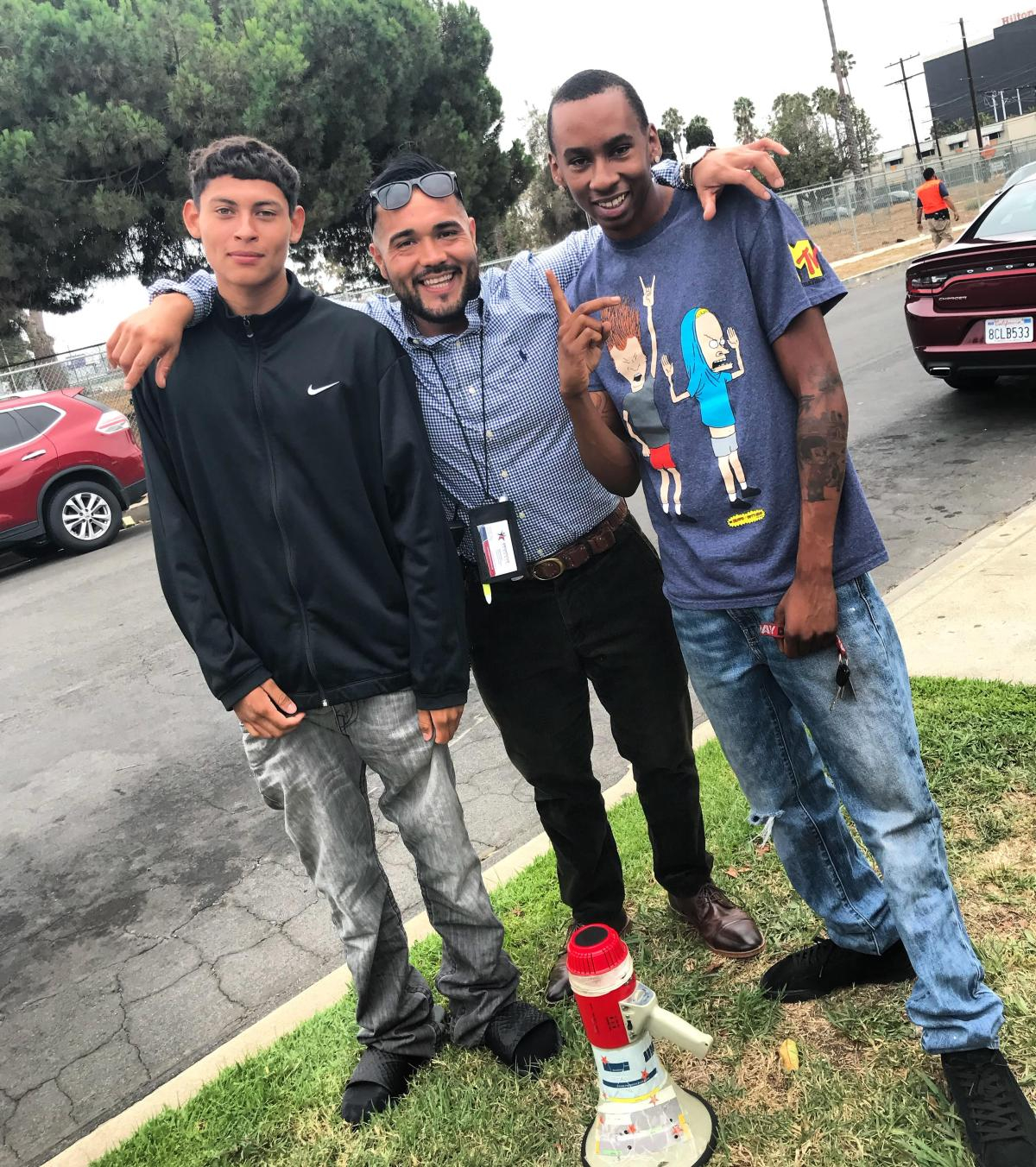 Carlos Alvarez, center, with two boys
Carlos Alvarez, center, with two boys
“Lots of kids embedded in gangs, their emotional intelligence is very minimal,” he says. “We have to build capacity around affect regulation.”
Carlos Alvarez, an IIRP licensed trainer, says restorative practices builds emotional connections and allows children to develop healthy social skills. This involves allowing students to process their emotion and trauma, which they often experience as physical symptoms, such as a tingling sensation in their hands when they get angry. “Ours is a bottom up approach to behavior,” he says.
In his role as Director of Student Discipline at Bright Star Secondary Charter School, a public charter school in south Los Angeles, Alvarez says he conducts five to six restorative conferences per week around issues like fights and class disruption that might previously been handled with suspensions.
He recalls one student he developed a long-term relationship with. His father was addicted to heroin and had abandoned his family. Like many children who have experienced trauma, this boy felt a lot of shame and believed there was no hope for the future. He lacked trust and his whole nervous system was highly reactive.
- Details
- Written by John W. Bailie, Ph.D.
 Image by oliver-cole @ unsplashSometimes doing something “close” to right isn’t good enough.
Image by oliver-cole @ unsplashSometimes doing something “close” to right isn’t good enough.
As a father of four I find myself increasingly making use of dad sayings that I learned from my own father when discussing life’s most important matters with my children and others.
Mind you, when these pearls of wisdom were dispensed to me as a young man, I rolled my eyes, scoffed or otherwise convinced myself that my father’s sage advice somehow didn’t apply to me. We all think our own ethical dilemmas are special, especially when we are teenagers.
Current events have put one saying at the forefront of my mind over the last year.
If my dad asked me how I did with some critical task, especially those involving doing the right thing where other people are concerned, I frequently hedged by saying that I did the task mostly right or “close” to expectations.
The response to this was invariably, “Close only counts in horseshoes and hand grenades.”
My father was teaching me that there are some tasks and responsibilities that we have a responsibility to do completely, and to the best of our ability, correctly and with precision.

Restorative Works Year in Review 2024 (PDF)
All our donors are acknowledged annually in Restorative Works.


